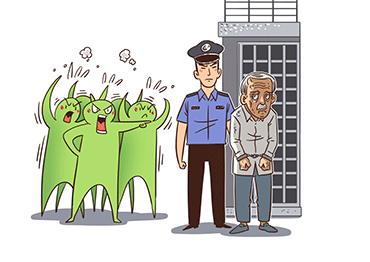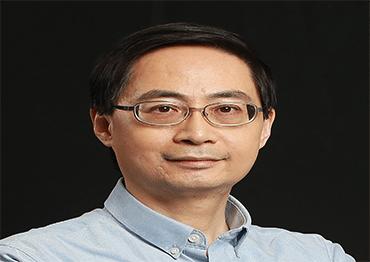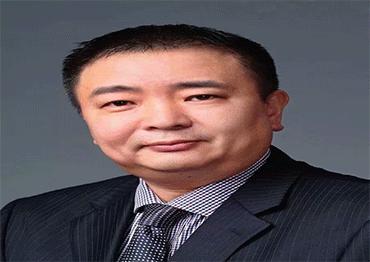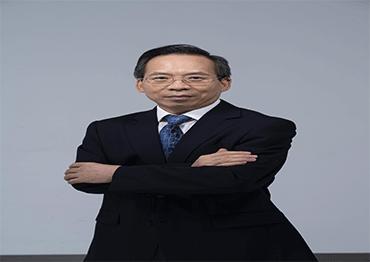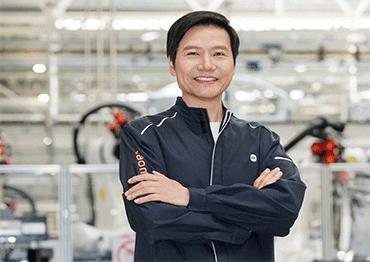“China’s legal system has long sought to balance humanitarianism and public security when handling crimes committed by elderly people. However, with the rise in such crimes, it is becoming increasingly urgent to find a more reasonable approach to ensure judicial fairness, social governance and crime prevention.”
Su Mingyue, council member of the Chinese Society of Criminology, commenting on the cases of two men in their 70s who were spared detention for sexually harnessing two women, in her article for NewsChina’s Chinese edition
“With the resurgence of protectionism, a special green free trade arrangement will be essential to fighting climate change. This should include slashing tariffs and removing non-tariff barriers on goods and services that benefit the environment and climate. Leveraging existing regional trade treaties like the RCEP (Regional Comprehensive Economic Partnership) as the foundation for green trade can accelerate this process.”
Ma Jun, director of the Beijing Institute of Green Finance and Sustainability, writing for the China Chief Economist Forum in March
“Frankly, if universities approach reform as a means to expand their academic domains and secure more resources, the efficiency of investment will remain low. So, we have to avoid ‘expansion-driven’ reforms and focus on structural, endogenous reforms, improving quality and creativity while building a self-sustaining education model.”
Jin Li, president of Shanghai-based Fudan University and a delegate to China’s National People’s Congress (NPC), speaking about university reforms during the 2025 two sessions held in Beijing from March 5 to 11
“The vertical fiscal relationship between central and local governments actually constrains two kinds of relationships we often discuss: the relationship between government and the market, and that between government and society. Take for example ‘deep-water fishing,’ where local police illegally arrest businesspeople out of their jurisdictions for economic benefits, such as imposing fines and seizing assets. On the surface, it appears to be a legal issue, but on a deeper level, it is closely tied to central-local fiscal relations, especially the financial struggles of local governments.”
Liu Shangxi, senior researcher at the Chinese Academy of Fiscal Sciences, writing for Party paper Guangming Daily in February
“The auto industry has entered an advanced phase of moving toward smart driving [including driver assistance and auto driving], which has become a key battleground for the auto industry.”
Lei Jun, president and CEO of Xiaomi Auto, urging the mass production of self-driving cars during the 2025 two sessions
“If the legal marriage age were lowered to 18, the main effect would be a significant reduction in delayed marriage registrations, but it would do little to increase overall marriage and birth rates. Lowering the marriage age is purely a statistical adjustment – those who intend to marry will still do so, they’d only be registering earlier. It would not affect the proportion of people not willing to marry.”
Chen Liangfei, political news editor at The Paper, commenting on a proposal to lower China’s legal marriage age to 18 during the 2025 two sessions in March
“Basic education is a crucial stage for children’s cognitive development and shaping their world view. During this stage, fostering critical thinking, intellectual growth and knowledge acquisition is especially important. Children need to develop strong independent learning and critical thinking habits. Therefore, educators have to carefully consider how AI technologies can be used to support children’s healthy development.”
Guo Kunyu, math professor at Fudan University and CPPCC (Chinese People’s Political Consultative Conference) member, discussing the role of AI in education during the 2025 two sessions
“Each year, over 10 million students take the national college entrance exam, and the number is increasing. But most of these candidates do not aspire to academic research. They do all sorts of jobs that society needs. While the exam helps allocate students to suitable job training, it is not designed to select the most creative scholars. I suggest providing other admission channels to the top 5-10 percent of high school students with interests and talent in math or other core subjects to spur their creativity and interest in academic research.”
Qiu Chengtong, chair professor at Tsinghua University, in a recent interview with NewsChina’s Chinese edition
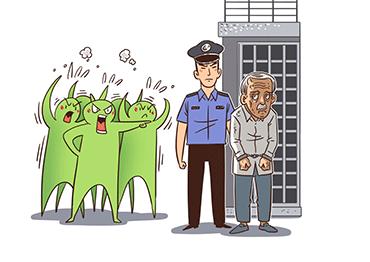
 Old Version
Old Version
